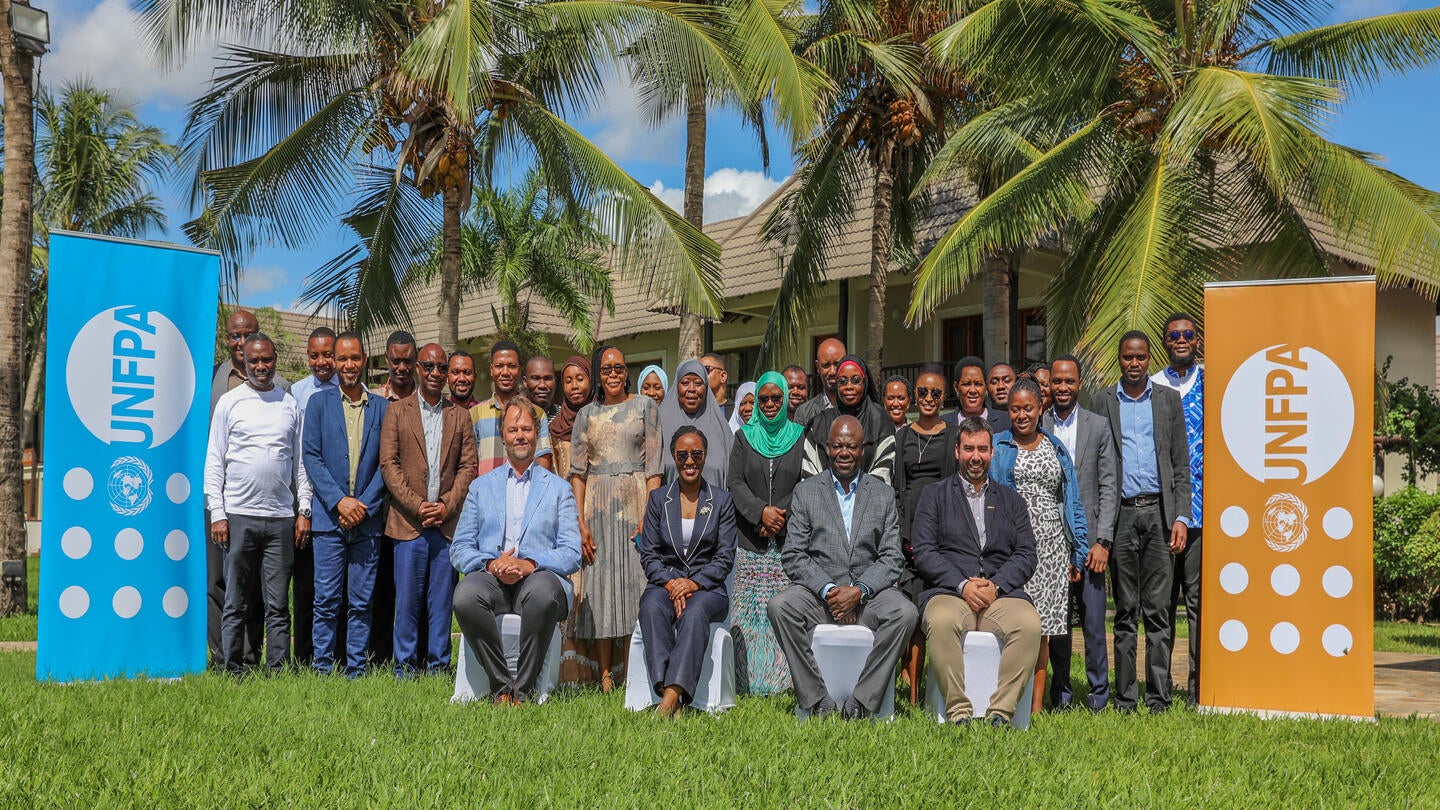Launch of Degree of Urbanization (DEGURBA) Workshop Marks a New Era in Evidence-Based Planning
Dar es Salaam, Tanzania – 13 May 2025. Tanzania has officially launched a landmark initiative to apply the DEGURBA methodology to national data systems—through support of the United Nations Population Fund (UNFPA) and the European Commission, Tanzania has strengthened national capacity in geospatial analysis, urban classification, and statistical integration -making a significant step in aligning with international standards for measuring urbanization. This initiative represents a pioneering effort in the region to institutionalize the DEGURBA approach within national statistical frameworks.
The DEGURBA methodology enables countries to classify cities, towns, and sub-urban areas based on criteria such as population size, density, and built-up areas. This approach supports more consistent urban planning, strengthens Sustainable Development Goal (SDG) monitoring, and enhances the accuracy of data used for evidence-based decision-making.
The high-level training workshop in Dar es Salaam marked the official start of the initiative, drawing participation of technical staff from Ministries and high learning Institutions.
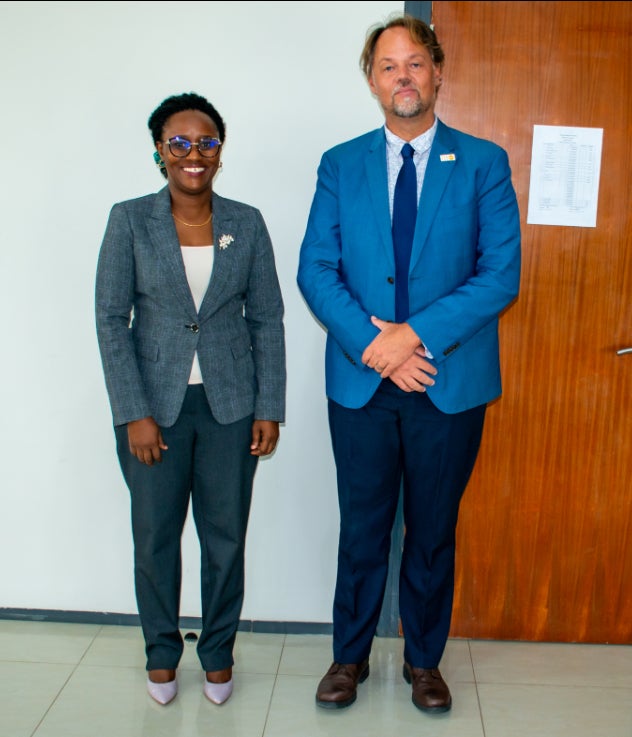
“This is not just a technical exercise—it is deeply human,” said Mark Bryan Schreiner, UNFPA Tanzania Representative. “The DEGURBA methodology helps us generate disaggregated data that truly reflects the lives of women, girls, and young people—no matter where they live. That’s essential to delivering on our promise to leave no one behind.”
Data that Drives Development
The initiative builds on the transformative achievements of Tanzania’s 2022 Population and Housing Census, which for the first time mapped over 12 million buildings using GPS, established a national digital building registry, and integrated population and geolocation data through a new National Addressing System.
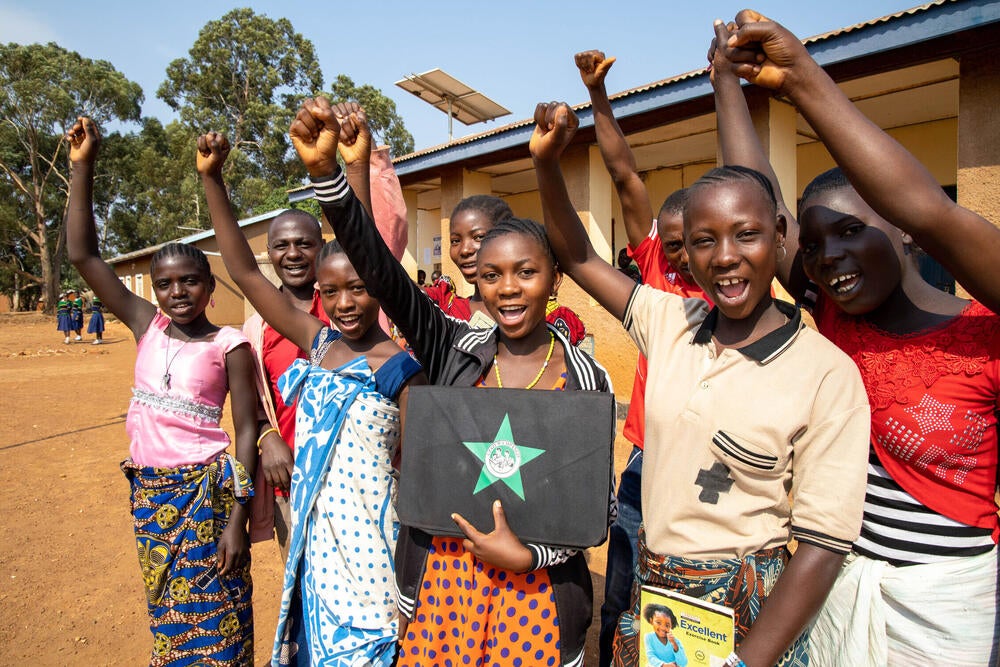
“This gathering is more than a technical session—it is where data meets development, and insight drives action,” said Dr. Amina Msengwa, Government Statistician General. “The 2022 Census is like crude oil; it must be refined before it fuels progress. With the tools and training provided by DEGURBA, we now have the opportunity to redefine what we mean by 'urban' and 'rural' with unprecedented precision.”
Despite these innovations, challenges remain. Urban planning in Tanzania still often relies on outdated administrative boundaries that don’t reflect today’s spatial realities. For example, while Dar es Salaam is home to nearly 9% of the population, many projects still use 2012 estimates. Secondary cities such as Arusha, Mwanza, and Zanzibar have also experienced rapid growth.
Through the Degree of Urbanisation (DEGURBA) framework, Tanzania seeks to more accurately redefine urban boundaries in rapidly growing areas such as Mbeya and Morogoro. The approach also aims to address regional disparities, particularly between coastal and inland urbanization patterns, ensuring a more balanced development strategy. By leveraging DEGURBA data, the country can support evidence-based advocacy for granting municipal status to newly urbanizing regions. Additionally, this method helps align urban investments with real-time needs, especially in fast-expanding towns like Kahama, promoting more responsive and sustainable urban development.
Global Knowledge, Local Action
The DEGURBA initiative is being supported by an array of partners, including the European Commission, UN-Habitat, UNICEF, FAO, ILO, UNSD, and others. The European Commission’s Joint Research Centre (JRC) plays a critical role in delivering global tools and technical expertise.
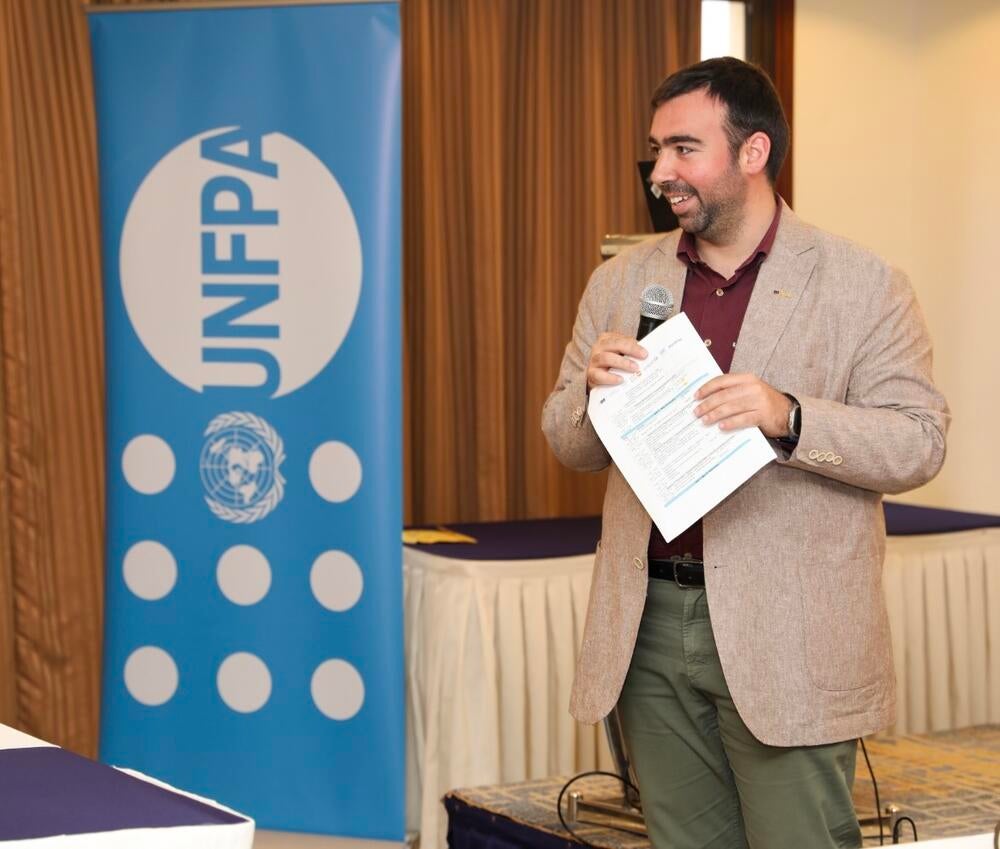
“The European Commission’s Joint Research Centre is proud to contribute to DEGURBA through training, open and free tools, and harmonized global data,” said Mr. Michele Melchiorri, JRC Representative. “Our aim is to help countries like Tanzania build sustainable capacity and apply globally comparable methods for inclusive urban development.”
UNFPA's Commitment
As the UN’s lead agency for population data, UNFPA is committed to strengthening national capacity to collect, analyze, and apply disaggregated data—especially as it relates to sexual and reproductive health, gender equality, youth empowerment, and economic inclusion.
“This work lays the foundation for smarter, more inclusive planning,” added Mr. Schreiner. “By telling a fuller story of our population—where they live, how they move, and what they need—we can ensure that urbanization becomes an opportunity for all.”
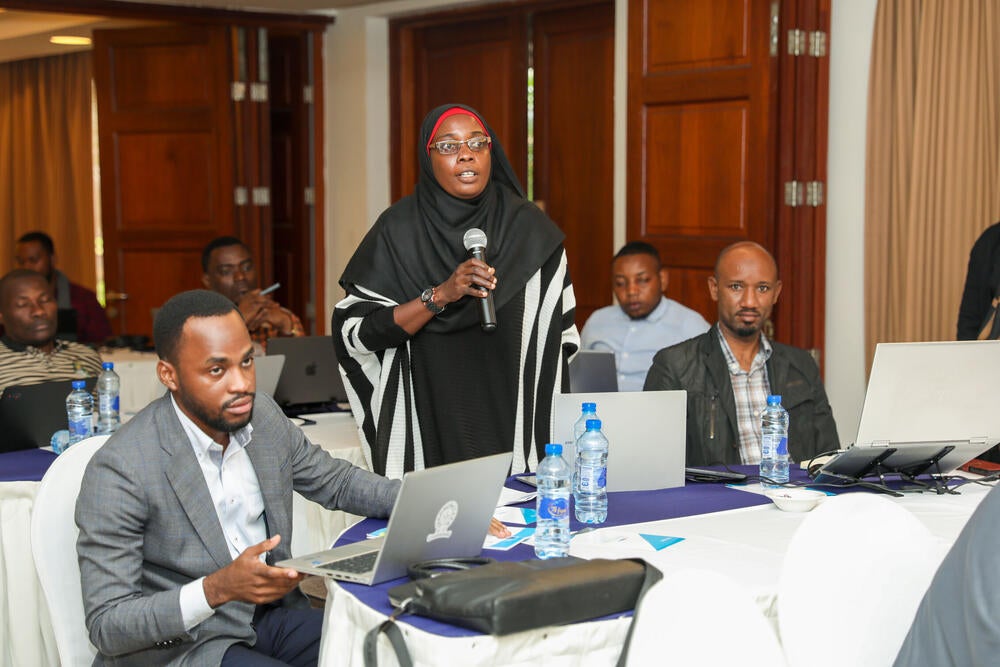
Following the training, UNFPA and partners will continue supporting the National Bureau of Statistics, National Planning Commission, Zanzibar Planning Commission, and the Office of Chief Government statistician to integrate DEGURBA into the National Statistical System, align it with Vision 2050, and prepare for the 2030 round of the Population and Housing Census.
During the opening remarks, Dr. Msengwa emphasized and made a clear call to action:
“Let us stand here not just informed, but inspired. May each of us become a champion of precision urbanisation—committed to turning data into decisions, and decisions into lasting, equitable development.”
Media Inquiries:
Dr. Warren Bright
UNFPA Communications Analyst,
United Republic of Tanzania
Phone: +255 764 43 44 45
Email: bwarren@unfpa.org

